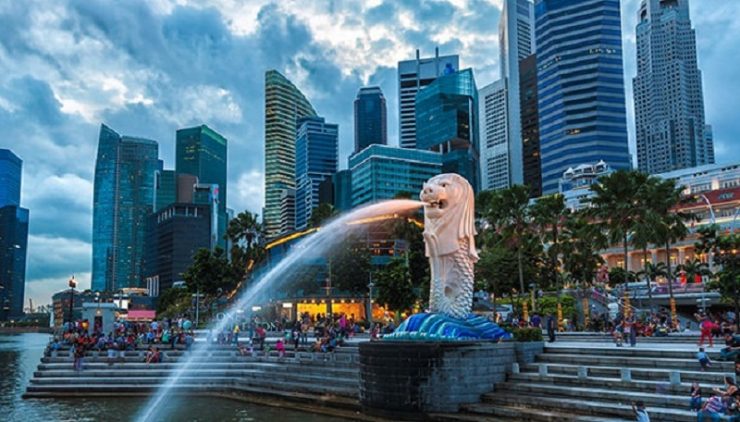SINGAPORE is aiming to increase the arrival of Indonesian tourists on holiday in the Lion Country by carrying out promotional activities in various big cities in Indonesia, such as Jakarta, Surabaya, Medan, Makassar and Yogyakarta.
According to Area Director Indonesia, Singapore Tourism Board Jakarta, Hafez Marican when met in Singapore, Saturday (10/07), 2023, revealed that the promotion was carried out considering that the people of Jakarta really know Singapore, but in Medan and other big cities they still don’t.
“We will introduce a different side of Singapore to Makassar, Medan and other big cities. The Singapore Tourism Board is also introducing the “Made In Singapore” program, a new global campaign to inspire tourists to choose Singapore as their next tourist destination,” he said.
He explained that this concept offers a uniquely Singaporean experience ranging from iconic attractions to hidden gems or unique tourist locations that are rarely known before, as well as turning ordinary moments into extraordinary ones. Usually Indonesian tourists come to Singapore for shopping trips to Orchard Road, but this new concept will provide innovation and a new experience of traveling to Singapore.
“Starting with the giant indoor waterfall in Terminal 1 of Changi Airport, watching the air show at one of Asia’s largest bird parks, the newly opened Mandai Bird Paradise, as well as the new destination Palawan Beach on Sentosa Island, which features indoor electric go-karts, mini golf park, as well as the first floating park in Singapore,” he remarked.
Singapore, which is filled with skyscrapers, also offers natural attractions such as the Capita Spring building and the Parkroyale Collection, which provide a unique experience in enjoying the atmosphere of ecotourism activities.
In this place, tourists can see buildings planted with trees and flowers, while learning how Singaporeans care for nature, sorting waste and reforestation by making gardens and farming in buildings which are office centers.
Tourists are also invited to experience being a multicultural resident of Singapore, by riding a Vespa sidecar to the architectural conservation area in the Joo Chiat area to see Peranakan, Eurasian, Malay, Chinese and Indian houses, and wandering around the alleys while seeing what is behind their houses.
Apart from riding a vehicle, you can also get to know the history and acculturation of Singaporean society by taking part in #Instawalk, a photo tour on Bugis Street, Waterloo and Kampung Gelam. On this tour, tourists can immortalize their moments in Singapore aesthetically, while visiting restaurants, cafes and unique shops.
With this latest “Made in Singapore” destination and campaign, it is hoped that the number of Indonesian tourists coming to Singapore will increase, because Indonesian tourists are the largest number of visitors coming to this Lion country.
The Singapore Tourism Board records that throughout 2022, Indonesian tourist visits will amount to 1.1 million people, the highest compared to India with 686 thousand tourists and Malaysia with 591 thousand tourists.
Hafez said that his party is targeting the arrival of 2 million Indonesian tourists to Singapore, with the potential for arrivals to increase in the next two years as the pandemic begins to end.
“In the next two years, we are targeting tourist visits to return to normal as before COVID-19, namely 3.1 million,” he noted.
Hafez revealed that inviting Indonesian tourists to come to Singapore is quite challenging, so Singapore is trying to understand the characteristics of Indonesian society, which is predominantly Muslim.
“We are installing halal certification labels in various restaurants as well as building prayer rooms at tourist locations and expanding mosques. Halal certification in Singapore has been issued for 35 years by the MUIS Majlis Ugama Islam Singapore, and now it will be further expanded,” he underlined.
Apart from the halal logo, usually Malay or Muslim restaurant owners will put a Halal sticker showing that the owner is Muslim, because according to Singapore law, Muslim restaurant owners do not need to provide halal certification.
“In the past, halal food was only Malay food, now Indian food, Japanese food and western food with halal certification are increasingly expanding,” concluded Hafez while explaining the increasing variety of Muslim food. [antaranews]
















